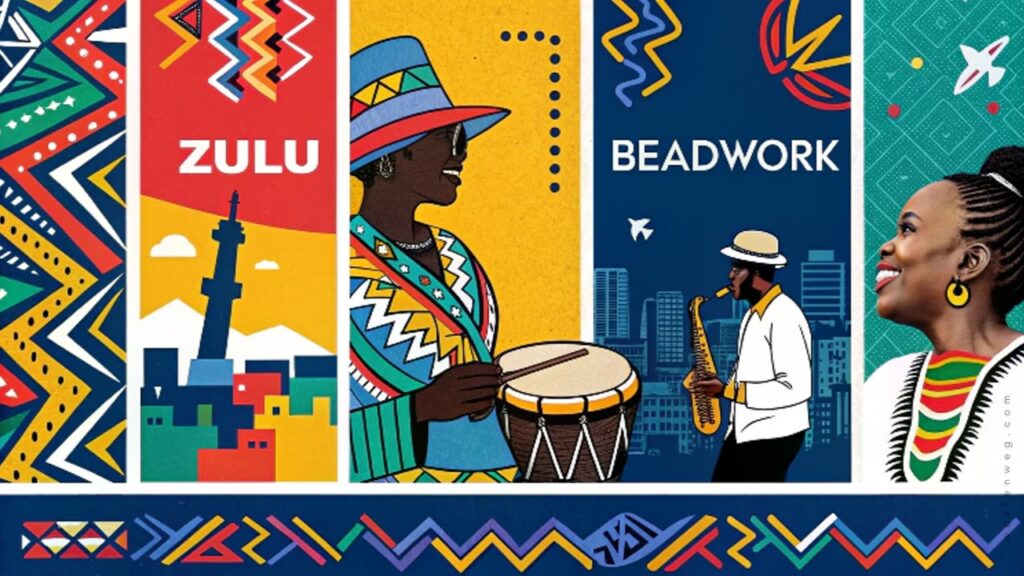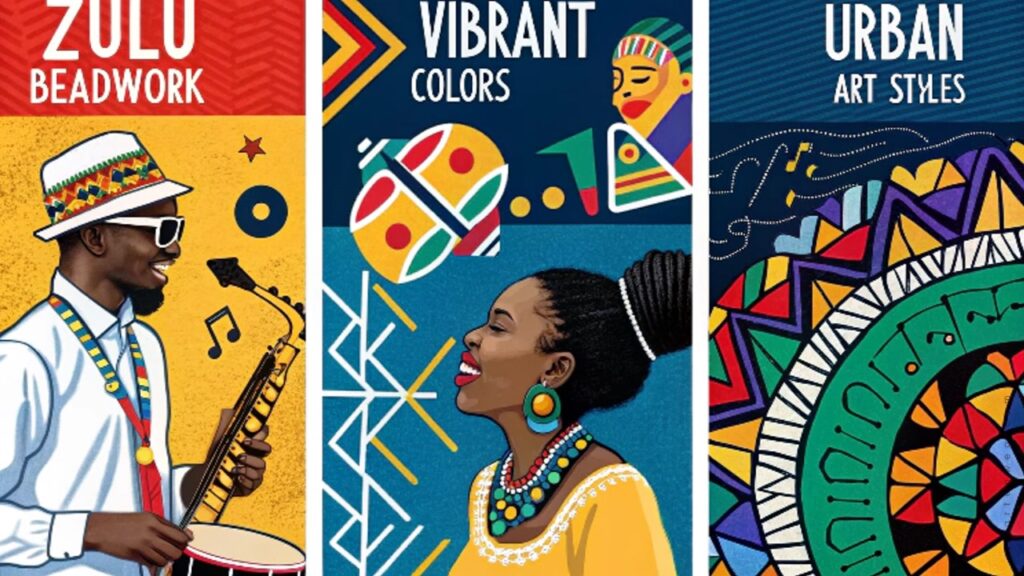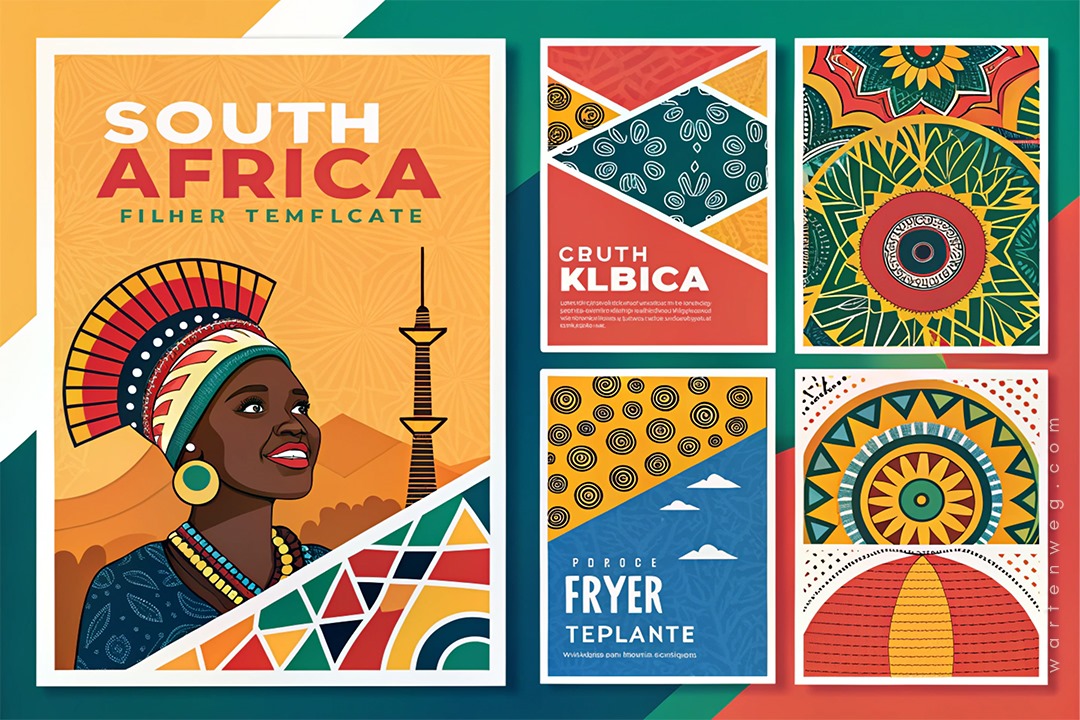Massive Flyer Design: How We’re Changing the Game in South African Marketing
Eish, let me tell you something about Massive Flyer Design that’s going to change how you look at marketing forever. I’m Lindani L. Thango. I’m the Creative Director at Warten Weg. I’m here to drop some serious knowledge about how we’re revolutionising the design game right here in Mzansi.
Table of Contents
The Rise of Massive Flyer Design in South Africa
When I started in Clermont, we didn’t have fancy business flyer design apps or poster maker flyer designer tools. We were working with what we had, making magic happen with basic resources. But now? Yho! The game has completely changed, and Massive Flyer Design is leading that revolution.
From Township Innovation to Digital Excellence
Back in the day, if you needed a party flyer template, you faced a long journey. The same was true for a DJ flyer template. You needed to trek all the way to town. You would pay big money. Now, flyer design software is available for free download in full version. Even the young creative in the township can start building their empire from their phone.

The Power of Massive Creative Visuals
Let me break it down for you: when we talk about massive creative visuals, we’re not just talking about size. We’re talking about impact. Here in South Africa, we understand that a flyer isn’t just paper; it’s your brand’s handshake with the community.
Why Your Business Needs Professional Design
Listen, my friend, when you’re competing with the big dogs, you can’t come with a weak design. That’s why at Warten Weg, we’ve developed systems that combine:
- Traditional African aesthetics with modern design principles
- Local cultural understanding with global marketing standards
- Township energy with corporate professionalism
Free Resources for Aspiring Designers
We believe in upliftment, so let me share some gems about where to find free design templates and massive flyer design free tools:
Getting Started with Basic Tools
Before you even think about dropping cash on expensive software, start with these resources:
- Online platforms offering motion flyer templates free
- Basic MC flyer design tools for beginners
- Community design workshops in your area
The Warten Weg Approach to Massive Flyer Design
When we develop creative designs of the flyer concepts, we think about our roots. Every project starts with understanding the township market—from spaza shops to big corporate events. That’s what makes our massive flyer design approach unique.
Real Talk About Design Success
Let me share something personal. When I started, I was just a lad from Clermont with big dreams. Now, we’re creating designs that compete with the best in Johannesburg and Cape Town. How? By keeping it authentic while pushing boundaries.
Technical Tips for Aspiring Designers
For those looking for massive flyer design free download resources, here’s what you need to know:
Essential Design Elements
- Strong typography that speaks to both township and suburban audiences
- Colour schemes that reflect our vibrant South African culture
- Layout principles that respect both traditional and modern aesthetics
The Future of Design in South Africa
We are advancing with innovative approaches to marketing and design. As a result, more young people from the townships are entering the creative field. This isn’t just about making pretty pictures—it’s about economic empowerment through creativity.
Building Your Design Business
Whether you’re starting with a business flyer design app or working with professional software, remember these principles:
- Stay true to your roots while reaching for international standards.
- Build relationships in your community
- Keep learning and adapting to new technologies.
Conclusion: Your Journey to Design Excellence
Success in massive flyer design isn’t just about the tools you use. It involves understanding your market. Respecting your culture is crucial, as well as pushing creative boundaries. From Clermont to Cape Town, we’re changing the game one design at a time.
Connect with Warten Weg
Ready to take your design game to the next level? Whether you’re looking for inspiration or collaboration, we’re here to help build the next generation of South African design excellence.
Contact us through our website or visit our studio in Clermont. Together, we can create marketing materials that speak to the heart of the township. They will also convey the sophistication of the corporate world.

Remember, in design as in life: “Serve well, you”win”—that’s the Warten Weg way.
Frequently Asked Questions About Massive Flyer Design
What software do professionals use for creating high-impact flyer designs?
Many designers start with free tools like Canva or GIMP. Professional studios like Warten Weg primarily utilise Adobe Creative Suite. They particularly use Photoshop and Illustrator for creating compelling flyer designs. Investing in professional software increases design capabilities. It also enables the creation of print-ready files that meet industry standards.
How can I guarantee my flyer designs stand out in the competitive South African market?
Understanding your target audience’s cultural context is crucial for creating impactful designs in our diverse market. Incorporate elements that resonate with both traditional and modern sensibilities. Use bold typography with culturally relevant imagery. Keep a clear hierarchy of information. Your flyers will capture attention. They will effectively communicate your message.
What are the essential elements every professional flyer design must include?
A professional flyer must have a clear call to action. The contact information should be instantly visible to the viewer. These elements drive engagement and response rates. The design should incorporate your brand’s visual identity. This includes consistent colour schemes. It also involves typography and imagery that align with your overall marketing strategy.
How do I decide the right size and format for my flyer design?
The choice of flyer size and format should be based on your distribution strategy and budget. A5 (148 x 210 mm) is the most versatile choice for most local marketing campaigns. Consider both digital and print requirements when creating your design. Make sure it works effectively across multiple platforms. Keep quality and readability.
What are the current trends in South African flyer design?
Modern South African flyer design is embracing a fusion of minimalist layouts. Designers are using vibrant, Afrocentric colour palettes. These show our unique cultural heritage and contemporary aesthetic preferences. This trend is complemented by the increasing use of QR codes. Digital integration elements bridge traditional print media with digital marketing strategies.

